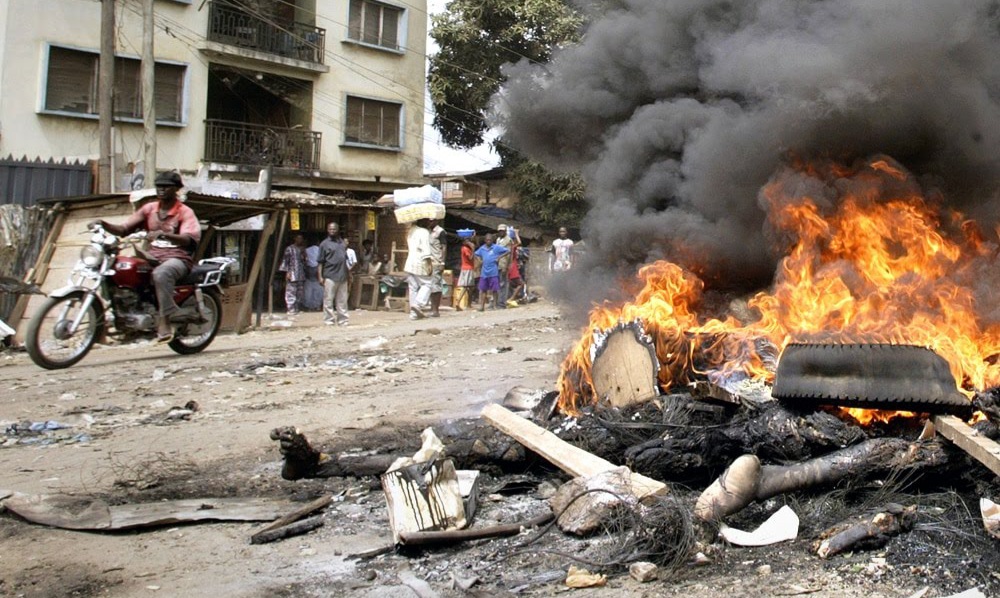Last week was definitely a tragic week in Nigeria. Over a hundred lives were lost Kaduna in the wake of riots which were sparked off by the angry reaction of people in the Muslim community over the blasphemous reference made to Prophet Muhammad (SAW) in a cover article on the botched Miss World pageant, by Thursday newspaper. Acts of destruction were witnessed in Abuja, the federal capital and further afield.
The background to the tragic events of the last week was the overzealous manner in which those concerned with the staging of the pageant had carried on about the event, despite the deeply felt reservations of the majority of the Nigerian population, that such an unwholesome pageant was being held at a particularly special time for the Muslim Ummah, the holy month of Ramadan.
So while ostensibly accepting to shift the finale of the event to a period after Ramadan, the build up was nevertheless rammed down the throats of people everyday on the public television channel (NTA) through the Countdown to Miss World programme which was aired every evening during Iftar, when Muslims were breaking their fast. The Thursday blasphemous article unfortunately fed into the building anger and provided the spark which ignited the events of last week, with all their tragic consequences.
Unfortunately for us in Northern Nigeria, the events of last week burnt some of the bridges that had been carefully rebuilt in the wake of the killings and reprisals which followed the February and May 2000 events in the city of Kaduna. The orgies of kill-lings, maiming, injuries and displacements of people that were witnessed in Kaduna last week would certainly take time to heal.
Fundamentally, we at Daily Trust believe that basic lessons need to be learnt from what happened last week, to prevent re-occurrence in the future.
One of such lessons is for people on the different sides of the religious or other divides in Nigeria to learn to respect the sensitivities of their neighbours and to factor such a respect and understanding into all their activities to avoid threats to peace in our very fragile country.
Relatedly, it has become even more imperative for the different governments, political and religious leaders in Northern Nigeria to work out how we would remove our children from the streets in the North. It is very obvious that the traditional educational structure has all but collapsed. These kids who are part of the Almajiranci system have become an underclass lost in the urban areas, exposed to the harsh realities of a marginal existence and are unfortunately not even receiving Qur’anic education in majority of the cases.
It is these children that have been readily at the forefront of the killings and destruction which often defy any rational parameters of analysis, while doing so much to destroy relationships built over several years between our different communities. The fact also that these underclass groups often attack all manifestations of modernity, expose how little is the stake they have in our unjust modern country, where the ruling elite has not done much to build an all-inclusive country.
It is our hope that we would move beyond perfunctory lamentations about violence, intolerance and suspicions of political manipulation of the tragic events of the last week in Nigeria, to draw the relevant lessons about the complexities and sensitivities of the Nigerian people and how we can collectively move forward as a democratic and justly governed country. This is the wise way to come to terms with the tragic events of the last week in Nigeria.


